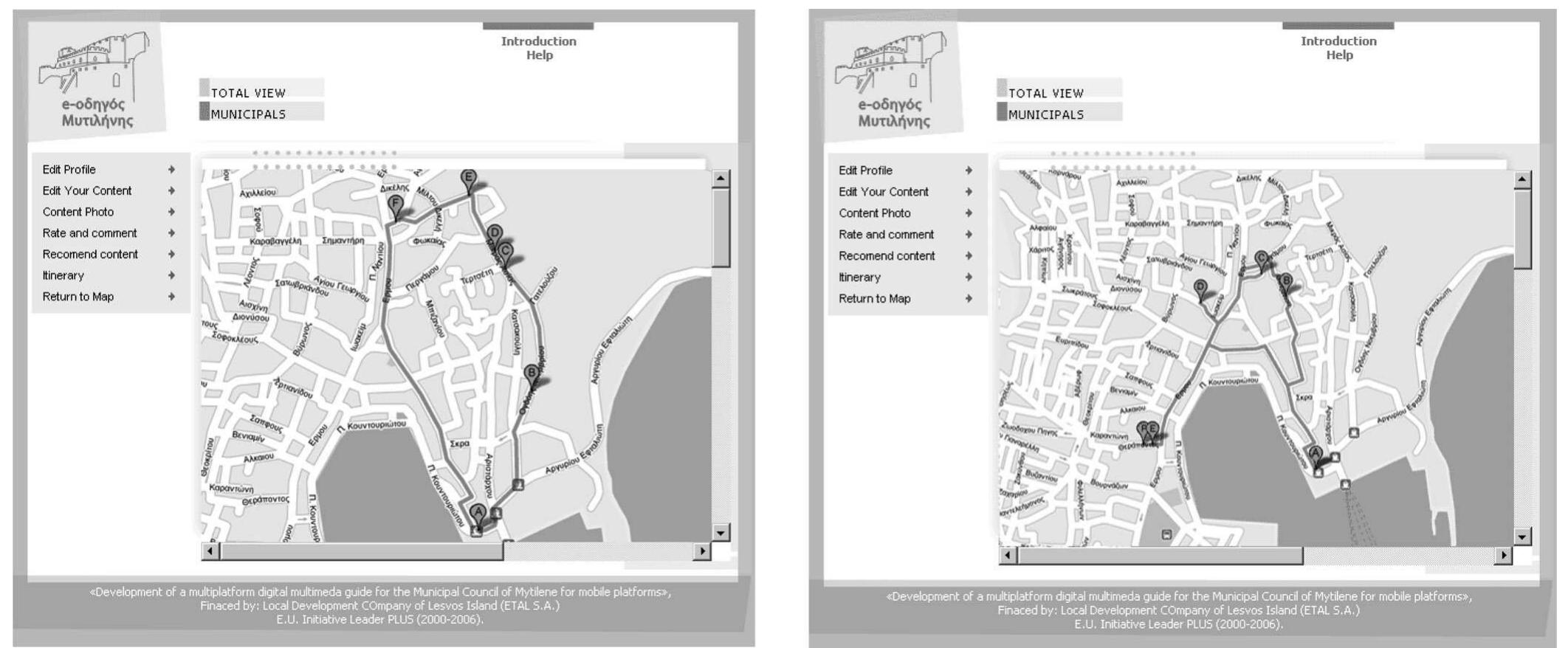Key research themes
1. How can dynamic and personalized data integration improve thematic travel recommender systems?
This research area focuses on developing travel recommender systems that integrate heterogeneous, dynamic data sources (such as images, reviews, climate, social media) to generate personalized, thematic travel recommendations that go beyond standard location-based approaches. It matters because conventional destination-based recommendation methods often lack sufficient customization and adaptiveness, failing to capture traveler-specific constraints or evolving preferences, especially in the context of large, unstructured tourism data.
2. What are effective algorithmic and AI techniques for personalized and adaptive travel planning and trip itinerary generation?
This theme centers on methodologies for generating complete travel plans and itineraries tailored to individual or group constraints and preferences, using AI techniques like genetic algorithms, reinforcement learning, conversational agents, and scheduling heuristics. It is critical for overcoming user effort barriers in travel planning and enabling dynamic, adaptive itinerary construction that respects practical constraints such as time, opening hours, and routing.
3. How do group dynamics and multi-profile classification impact urban and cultural tourism recommender system effectiveness?
This research theme investigates recommender system approaches that address the complexity of recommending for groups of travelers or diverse visitor profiles, incorporating user attribute-based clustering and preference uncertainty modeling. It matters for designing systems that can effectively reconcile differing user opinions, manage heterogeneous preferences, and offer personalized recommendations even in group or cultural visitation contexts.






